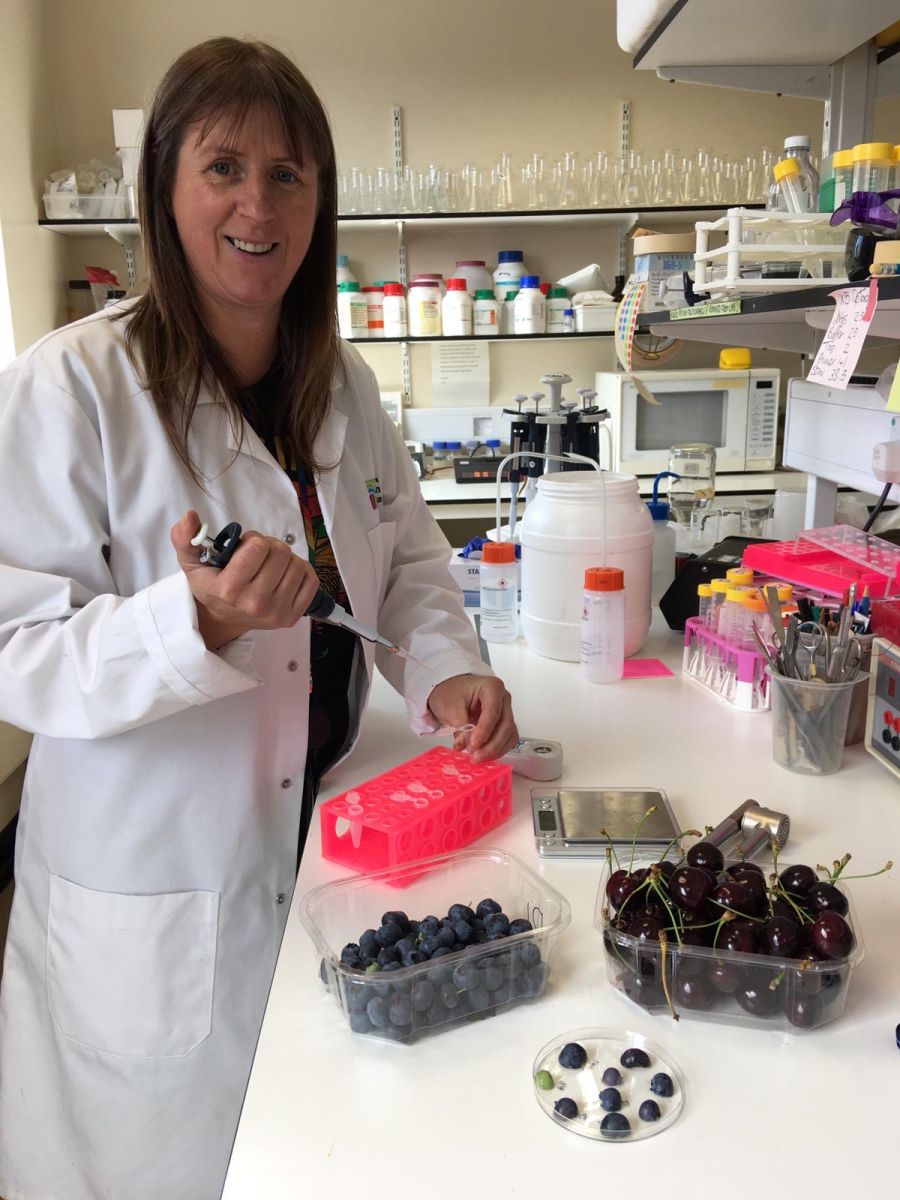IQ Consulting has published the Yearbook 2022, which provides a broad overview of the global sector of blueberries. The introduction to the 58-page publication was given by Andrés Armstrong, Executive Director of the Blueberry Committee of Chile.
THE BLUEBERRIES INDUSTRY HAS CHANGED, DID YOU HEAR?
Probably the last five years have been the most significant for the global industry of blueberry, in terms of increased production and new production regions and windows, which have radically changed the competitive scenario. Suffice it to see what has happened, for example, with sourcing from Argentina or Florida in the US.
The data available in Chile, e.g. in this Yearbook and in various presentations, have shown these changes and are well known to all players in the sector, as is the need to adapt to these new market conditions. Or are there still those who imagine a market in which Chile is still alone and it is possible to export the same varieties as 10 years ago, or that one can speculate on prices in a few weeks? In the Blueberry Committee we think that we need to adapt, and quickly, if we want to continue to participate successfully in this market.
Certainly the main problem faced last season was the long transit times and delays in the different stages of the logistics chain. This is a key challenge for the Chilean supply chain to remain competitive. But even if we return to pre-Covid logistics with reasonable transit times, we still have more requirements than other countries to reach our target markets well. It is possible, but it is necessary to adapt to several aspects in addition to logistics.
For example, varietal change. Chile is making progress in improving the variety mix and, year after year, the supply of new varieties increases and those with inferior performance are restricted. But even this past season, with all the existing problems, 9% of exports were varieties that the Committee simply recommends not to be exported fresh.
Another problem is the availability of labour; often there are not enough people to pick all the fruit properly. This season we heard several times that the pickers only returned to the orchards when they were sufficiently 'blue'.
This needs to be reviewed, because the worst business is to harvest more volume but then have no market price. It is necessary to implement harvest strategies based on the quality of the fruit and not only on volume and cost. Given the distance we have from Chile to the markets, which increases the chances of losing the status of the fruit, it is absolutely necessary to harvest with the right frequencies.
Rising maximum temperatures or rain at harvest time are increasingly common factors affecting the condition of the fruit. Either preventive and control measures are taken, including additional crop protection, or the fruit must be left for uses other than fresh export.
Theconsumption of blueberries continues to grow in all markets and there is still potential to continue adding new consumers. blueberry is a fruit that tastes good, is easy to eat and has a healthy positioning like no other fruit.
On the other hand, the growth in production has generated a supply at more stable prices practically every week of the year, a factor that has encouraged increased consumption. In today's market there are supply alternatives and there is no more room for fruit that does not have the quality and condition that consumers and retailers expect today.
If you look at the last two seasons, you can see that the best weeks for the Chilean blueberries were not those in which the overall supply was lower, but those in which our fruit arrived in good condition and quality. Draw your own conclusions.
Source: Yearbook 2022 - IQ Consulting







